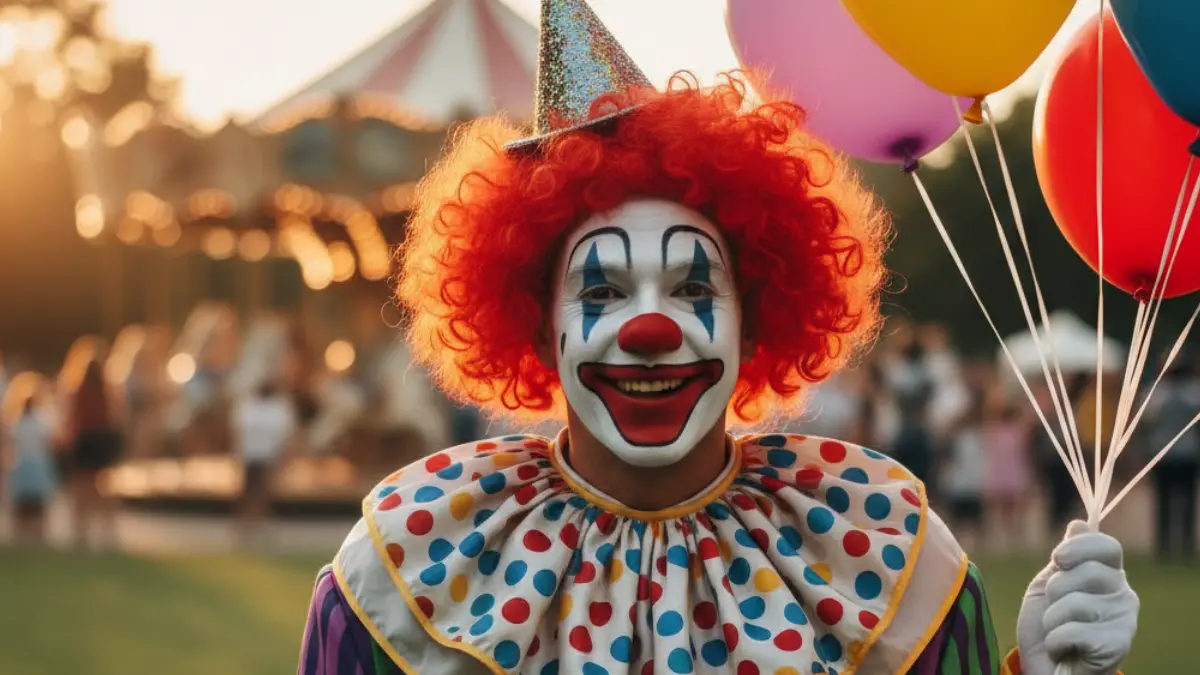Understand the psychological roots of your clown-related anxiety with this short assessment.

Fear Of Clowns Questionnaire
Unmasking the mysteries of clown-related fear and anxiety.
Coulrophobia, or the intense fear of clowns, is a surprisingly common phenomenon that affects both children and adults. While clowns are traditionally intended to be figures of fun and entertainment, their exaggerated features and unpredictable behavior can trigger significant distress. This assessment is designed to help you explore your emotional and cognitive responses to these performers, much like our Anxiety Sensitivity Test helps identify general predispositions to fear.
By evaluating how you react to images, thoughts, and physical encounters with clowns, you can gain insight into whether your discomfort is a mild unease or a more deep-seated phobia. Understanding these triggers is the first step toward managing the "uncanny valley" effect that often makes painted faces feel threatening. If you find that specific visual or sensory cues often overwhelm you, you might also find our Misophonia Test helpful in identifying other unique sensitivities.
Frequently Asked Questions
- How long does this quiz take?
- It takes about 5-7 minutes to complete.
- Are my responses private?
- Yes, all Fear Of Clowns Questionnaire answers are anonymized and confidential.
- Can I take this test more than once?
- Yes, you can retake the test any time to see how your Fear Of Clowns Questionnaire results may have changed.
- Will this quiz tell me if I have a clinical phobia?
- While this scale measures the intensity of your fear, it is intended for educational purposes and should be shared with a mental health professional for a formal diagnosis.
- Can my results help me manage my anxiety?
- Yes, by identifying which specific situations cause you the most distress, you can work on targeted interventions like exposure therapy or cognitive reframing.
Coulrophobia Assessment Scale: Take The Test
References
Disclaimer
This scale is designed for educational purposes and is not a substitute for professional diagnosis or treatment.

